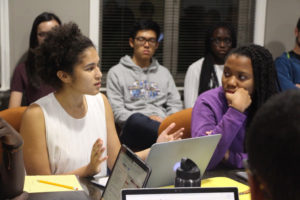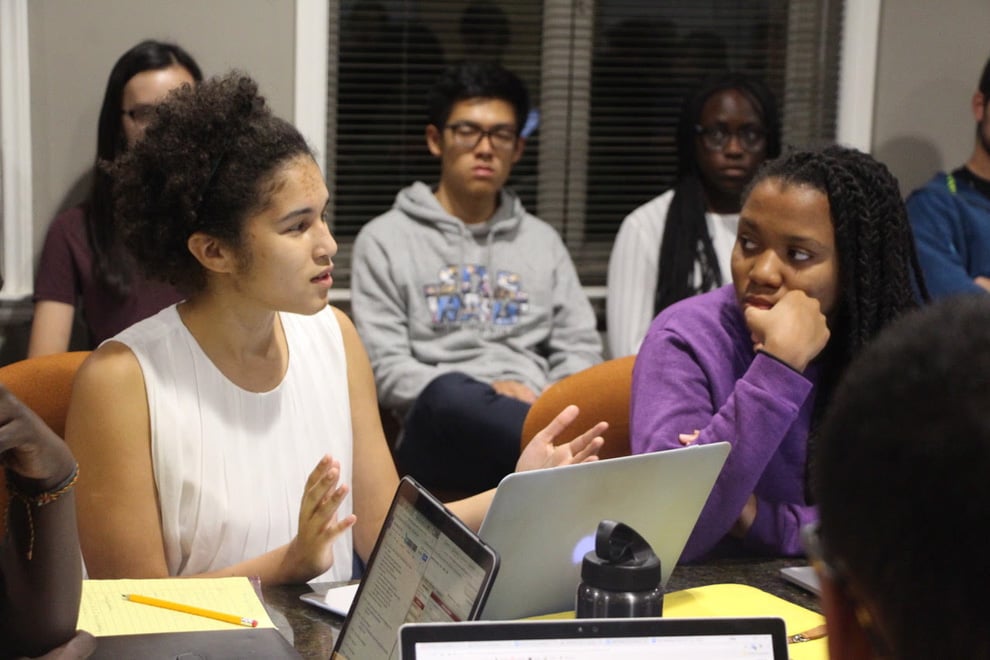In its tenth meeting, the 19th Undergraduate Senate approved an ASSU Joint Legislative Committee on Sexual Violence, discussed the Board of Trustees’ decision on prison divestment and rolled out a new funding process for voluntary student organizations (VSOs), whereby applications for grants larger than $1000 must be submitted a quarter in advance.
Joint Legislative Committee on Sexual Violence bill passes

The Senate passed a bill authored by Senator Kimiko Hirota ’20 and former Senate Chair Shanta Katipamula ’19 to reconstitute the ASSU Joint Legislative Committee on Sexual Violence, which was created during the 2016-2017 school year. The Committee is charged with informing the ASSU on sexual violence at Stanford, representing the student body to the administration and recommending changes to the current Title IX reporting processes.
The committee will include two members each from the Undergraduate Senate and the Graduate Student Council, along with the ASSU Executive Cabinet sexual assault leads. It will meet at least once a month during the 2017-2018 year.
Prison divestment discussion
On Oct. 10., members of the Stanford Board of Trustees reaffirmed their decision not to divest from corporations involved in the private prison system, stating that their values aligned with the mission statement of the university “to promote the public welfare by exercising an influence in behalf of humanity and civilization.” The board will not be taking any further requests this year to divest from corporations involved in the private prison system.
Senator Doris Rodriguez ’20, who met with members of the board of trustees to discuss this topic called for a joint effort between students, professors, and alumni to make their voices heard.
“The bar is really low right now,” said Rodriguez. “Right now, we’re not promoting civilization or humanity. What can we do to raise that bar?”
Rodriguez implored Senate members to take action on this issue.
New funding system for VSOs
Effective today, the Senate rolled out a new form of funding for student groups. Non-annual grants will be divided into standard and quick grants. Applications for standard grants must be submitted by the middle of the quarter before the money would be applied. The final deadline for applications for standard grants for winter quarter is Nov. 11.
Quick grants, which are capped at $1000, can be applied for throughout the quarter and will be reviewed by the appropriations committee and then approved by the Senate. The system for annual grants remains unchanged from last year.
“The whole point of switching to a quarterly system is that we have quarterly caps in funding,” said Senator Gabe Rosen ’19. “The current system rewards people who come in early because we don’t have a full sense of all of the funding that will come in. If we pool all of the funding applications together that are large, it gives us a full sense of the funding needs for the quarter ahead and that lets us be much more equitable.”
Contact Erin Woo at erinkwoo ‘at’ stanford.edu.
